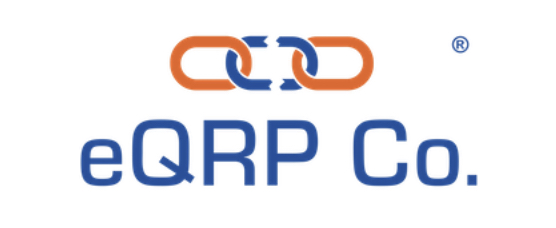I like Robert Kiyosaki. I also like Dave Ramsey. Both want you to be successful, but share very different definitions and paths to that success. Most people need to hear Dave Ramsey’s message. It is one of discipline, getting out of debt and living life unconstrained to financial burden. To accomplish this is to live the life envisioned for all Americans.
Total Money Makeover
This life of debt-freedom will allow you to take one eye off of where it used to restlessly lie, car payments, student loans and credit card debt. These useless debts hampered any potential to save and, dare I say it, invest for your future. Dave Ramsey in both his book and radio show reminds you that once you have cleared that debt, invest in mutual funds and get that Harley, because you made it! Congratulations, you came a long way and for most, the journey to debt freedom is not an easy one. Celebrate like heck.
My wife and I became debt free in 2016 after years of working to pay off a car note, credit card and all student loans. It certainly was a feat, but after having cake in celebration, for me it felt like just the beginning.
Rich Dad, Poor Dad
In comes Kiyosaki’s Rich Dad, Poor Dad book, a classic inspiration for 95% of the investors that I have heard from. It was no different from me. I had read this book years before becoming debt free and desired an abundant life that didn’t just end at debt freedom. Similar to Dave, Robert reminds readers that debt can be dangerous. He argues to stay out of debt unless that debt pays you and is paid for by others. Ring a bell?
Next-Level Wealth Creation
What he is describing is debt as a tool, precisely a characteristic of real estate. What other asset class allows you to own acquire it for a fraction of its value (debt), pays you to own it (rental income), someone else pays down the debt (debt-pay down), goes up in value (appreciation) and has great tax benefits (depreciation, cash out- refinance, 1031 exchange, etc.)? To pass up on these wealth builders of real estate simply because there is debt involved is not dynamic thinking and keeps many people in the lower levels of wealth (debt freedom, 401k, stocks, mutual funds). That may work fine for them, honestly, and their lives can be simple enough.
However, next level wealth creation involves thinking creatively and not applying universal rules to all decisions, such as staying away from debt altogether.
Caution
Now, an important caution, debt, like medication can be helpful, but also deadly if it is misused. Some people should stay away from it altogether. When it is overused by overleveraging, used carelessly and without a simply exit plan, it can be harmful and leave you in a bad place. This is why I stated first and foremost that Dave Ramsey’s fundamental advice of getting out of debt is useful to most Americans.
This is also why passive investing is something others can consider. By passively investing in apartments, working professionals such as engineers, project managers, accountants, doctors, scientists, etc. can obtain real estate cash flow, appreciation and tax benefits without actively managing the assets. Unlike the general partners putting together the syndication, passive investors are limited partners and are not exposed to the risks associated with debt. To gain familiarity with syndication, check out a few of the below articles:
– What is multifamily syndication?
– How new passive investors can find a great syndicator
– What to look for when passively investing with a syndicator
Another Option
The traditional real estate investing path is not for everyone. I believe that everyone should have real estate as part of their portfolio, but not everyone is interested or able to actively invest in real estate, putting debt on their own personal balance sheet and managing the potential headache of growing a personal wealth portfolio in real estate as they would with stocks or other passive assets.
💡Invest Your Retirement w/ eQRP
– How To Use Your 401k To Invest In Real Estate


